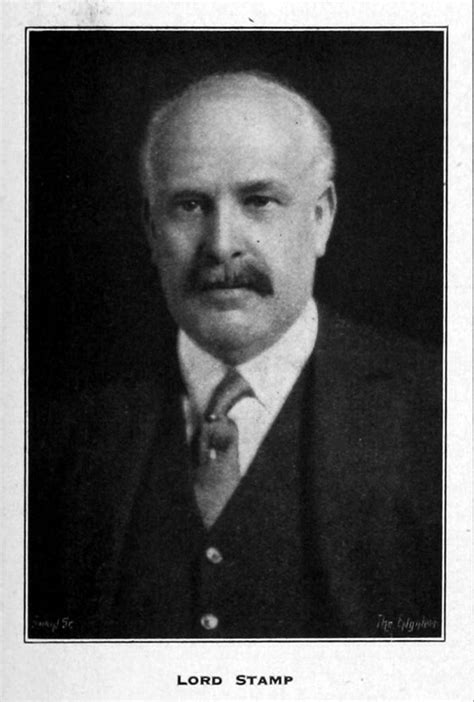A Quote by Irving Kristol
Power breeds responsibilities, in international affairs as in domestic - or even private. To dodge or disclaim these responsibilities is one form of the abuse of power.
Related Quotes
Some favorite expressions of small children: "It's not my fault...They made me do it...I forgot." Some favorite expressions of adults: "It's not my job...No one told me...It couldn't be helped." True freedom begins and ends with personal accountability. -Dan Zadra It is easy to dodge our responsibilities, but we cannot dodge the consequences of dodging our responsibilities.
That's what Judith Herman is saying, and she's absolutely right. Power then breeds an intensification of all because the power can never be absolute power - to some extent it's stymied - but the isolation while in power becomes even more dangerous. Think of it as a vicious circle. The power intensifies these tendencies and the tendencies become more dangerous because of the power.
The domestic power structure - how power is exercised in the United States, for instance - greatly influences the structure of international institutions. So, for example, the Clinton administration was very influential in shaping the WTO treaty, and, because of the way the US domestic political system works, this meant that corporations could use the US government to wield a huge influence.



































